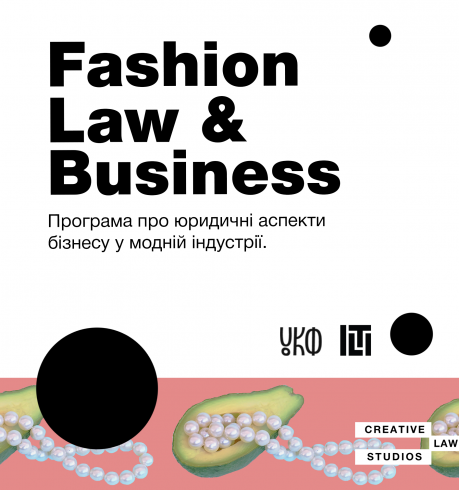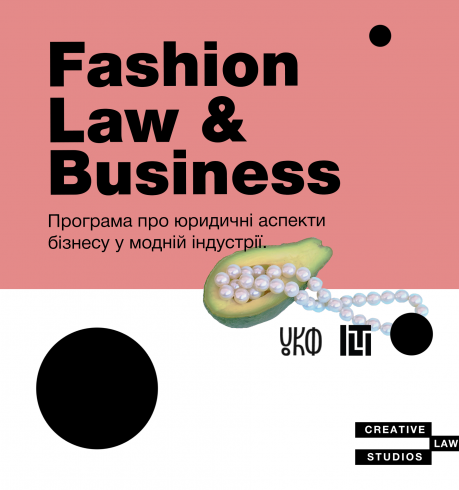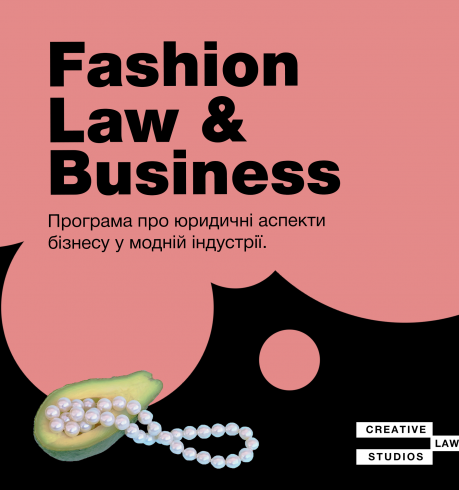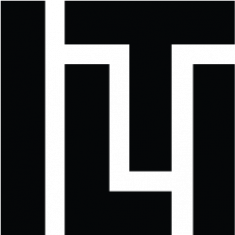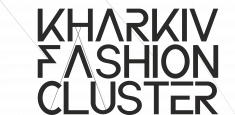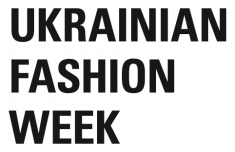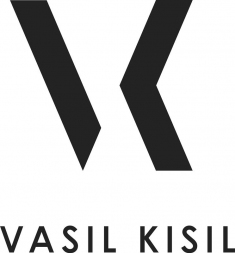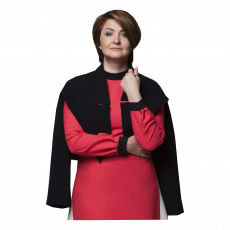
Most often, the business component is exactly what the designer does the worst. Without a good team and strong management, a designer’s talent cannot often be turned into a successful business. Legal literacy and the ability to have professional legal advice is an important part of this success.
Module 1. Why do you need a lawyer in the fashion business?
Fashion market in Ukraine: trends before and after pandemic. What the world is going through (Luxury, Middle Segment Market, Startups). Fashion Law to help the fashion business: best practices. Fashion Law Institute as a phenomenon and world courses on Fashion Law. The most common questions to lawyers: establishing a fashion business, contracts, intellectual property, import / export of products and materials. Why a contract is more important than trust. Cases from Ukrainian practice. Jewelry and accessories. The most common questions that arise in the legal field. What is the author’s design? Why Ukrainian jewelers do not patent their products? How to turn jewelry into a digital asset?
Module 2. Structuring the fashion business
Organizational and legal form of doing business. How to build a relationship with a partner and investor. Collaborations. Franchising. Contracts with manufacturers and garment factories. Contracts with designers and photographers, models when working with collections. Copyright in the fashion industry.
Module 3. Copyright in the fashion industry
The lecture focuses on the importance of intellectual property for the fashion industry. The tools of intellectual property protection are provided, special attention is paid to copyright and dilemmas in copyright: the doctrine of merger, photos on social networks as an object of dispute. The lecture is accompanied by examples of disputes in the domestic and foreign fashion industry.
Module 4. Patenting of technologies and design in fashion
During the lecture we will discuss the features of patenting inventions, utility models, industrial designs. We will focus on the scope of protection — the «patent formula» and images of industrial design. The lecture will be illustrated with Ukrainian and foreign examples of protection of fabric, clothing items, shoes, bag designs, accessories. We will pay special attention to potential disputes that arise between designers, fashion houses (both offl ine and online). Also, recommendations will be given on how to identify patent infringement in the fashion industry.
Module 5. Brands and celebrities
What is a trademark (TM) and the basic requirements for registration of TM. Resolution and functions of TM. Name, nickname, YouTube / Instagram channel name: TM or trade name. Merchandising income — the production of goods with brand or human symbols. Celebrity: name, nickname, appearance and other features of the image as an object of protection. Experience image rights in the USA, Europe and Ukraine. Contracts between brands and celebrities (influencers). Examples of unfair competition.
Module 6. Contracts as a guarantee of success in the fashion business
The lecture focuses on the importance of contracts for the fashion industry. Examples of contracts in the fashion industry are provided, special attention is paid to contracts on the use of intellectual property rights, contracts for the distribution of goods. The lecture is accompanied by practical advice on the essential terms of contracts and their verification.
Module 7. Customs and Fashion-industry
Documenting of foreign economic activity: contract, accompanying documents. Import of raw materials and equipment for clothing production. Working with customs: product code, customs value, country of origin and their documentary proof. Import and export of ready-made clothes. Sources of information for the exporter to the EU and other countries. Customs control over the observance of intellectual property rights. The lecture will be accompanied by examples from the media and case law related to the activities of importers of clothing and fabrics.
Module 8. Fashion: at the intersection of fashion, science and technology
Modern fashion today. Substantiation of the final need to analyze the new legal field in the fashion industry, which will be able to regulate issues and problems that did not arise in the XX century, and which should be formed on the basis of the fact that today everything new in fashion arises only at the intersection of fashion, science and technology. Particular attention is paid to those areas where changes are already taking place critically quickly, with detailed reasoning. Examples of the consequences of neglecting these issues.
Module 9. Disruption in the Fashion space
Disruption in the Fashion space, and how specifically subscription rental is creating a new economic model for the retail industry. We will discuss how this new model impacts the retail industry and creates novel legal considerations across the retail ecosystem. Specifically, how this model impacts data ownership and privacy, and liability and how customer ownership is becoming a fluid concept.
Module 10. Intellectual Property in the U.S.: What the Fashion Industry Needs to Know
Overview of key areas of U.S. intellectual property law relevant to retail and fashion, including, trademarks, copyrights, and design patents. Common pitfalls to avoid with respect to designing and marketing products, and best practices to engage in to protect and enforce IP rights and steer clear of infringement and counterfeit issues. Holdings of U.S. Supreme Court and Court of Appeals and their implications for copyright and trademark owners, including how those cases have impacted more recent brand activity.
Handbook of legal issues in the fashion industry
